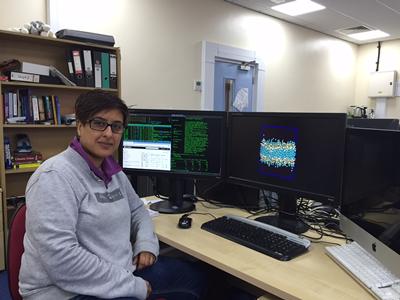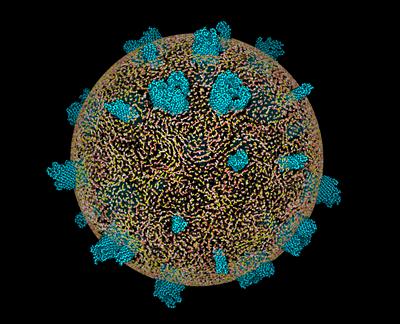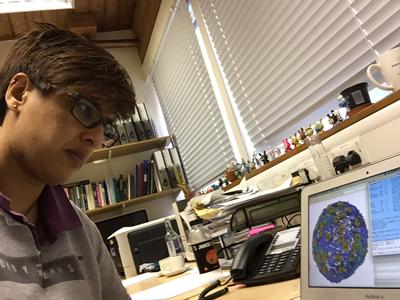Antimicrobial resistance - success for NAMRIP member Syma Khalid as part of the SWaN alliance

Led by Warwick University, the SWaN alliance has been awarded over £3 million of funding by a group of research councils. Comprising a interdisciplinary team of scientists including groups from the Universities of Southampton, Oxford, , Newcastle and Sheffield; it will look at how certain antibiotics target the final stage of the production of bacterial cell walls.

The problem of Antimicrobial Resistance
Amongst the antibiotics that have been a mainstay of human healthcare for over half a decade, the penicillins and β-lactams have been the most widely used, by a considerable margin. We know that these antibiotics target the final stage of the production of this protective cell wall, but the precise details of how, and what they do, remain unresolved. The SWaN alliance seeks to determine the details of how nature regulates the activity of key proteins associated with the cell wall, and potential routes for disruption of this activity by penicillins and β-lactams.
How will NAMRIP member, Dr Syma Khalid contribute?
Dr Khalid's role within the SWaN Alliance is to integrate the data from the project partners who are working in structural biology and mathematical modelling. She will construct atomistic-level models that will describe the interactions between the cell wall, the proteins and a range of penicillins and β-lactams.

Other University of Southampton sites
Links to external websites
The University cannot accept responsibility for external websites.
Syma is a tremendous researcher and we are delighted by, and proud of, her win, which is part of NAMRIP’s strategy of attacking the problems of Antimicrobial Resistance and Infection Prevent from all angles. Her work in bacterial membrane proteins has established her reputation in the field, and she will undertake a vital part of this prestigious collaboration as she brings together the data from various partners in simulations of molecular dynamics.
Antimicrobial resistance is a huge and complex problem for healthcare and agriculture. Antibiotics have been used to treat bacterial infections in humans and animals for 70 years, but these medicines are becoming less and less effective. No new classes of antibiotics have been discovered for 25 years and some strains of bacteria are now unharmed by the drugs designed to kill them.
Notes for editors
NAMRIP is funded by the University of Southampton and in addition to the MRC funding for the project above, benefits hugely from £868,704.00 of funding from EPSRC's Network for Antimicrobial Action 'Bridging the Gap' call [EP/MO27260/1].